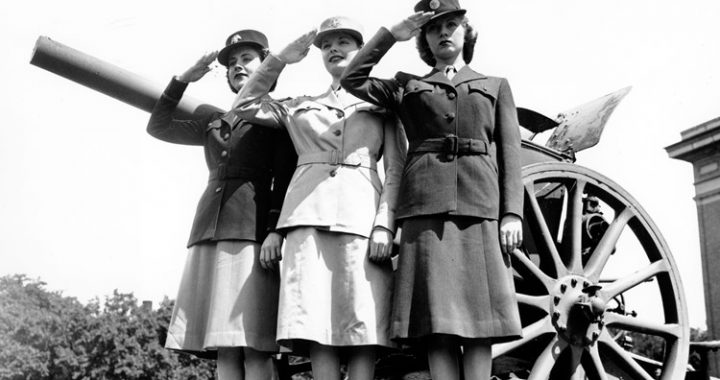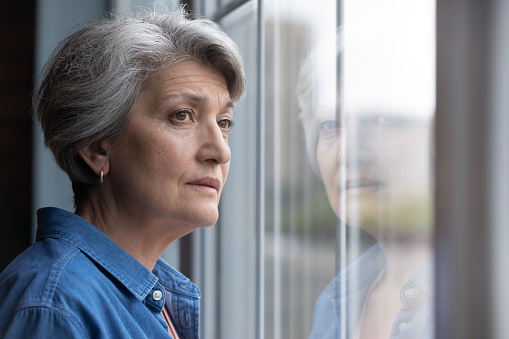The U.S. population is aging, and so are caregivers. Bob Tiller, an 80-year-old retired lobbyist for nonprofits, manages care for his 101-year-old mother. Both live in continuing care communities, he in Silver Spring, Md., and she in western Pennsylvania. If there is an emergency, Mr. Tiller gets the phone call and makes the five-hour drive. “I’m the one who is officially responsible, the one who has to make sure her income taxes are filed, and needs […]
Continue readingCategory Archives: Assisting Your Parent
Medical Marijuana and the Elderly Patient
Medical Marijuana is of interest to readers of the Reverse Parenting Blog because it can be used to treat a number of conditions that plague the elderly, and can be used to reduce the total number of medications they are dependent upon. Marijuana (also pot, grass, weed, ganja) are the common names for the Cannabis plant, which has been used as a medicine for thousands of years. In fact, it was commonly used in […]
Continue readingWhat is Hospice?
There are many misconceptions about hospice, and these misconceptions deprive people from the compassionate services that Hospice provides to dying patients and their family members. Few things in life are guaranteed, but everyone is absolutely guaranteed to die at some point. Modern medicine has not eliminated death, it has only changed the length and quality of our lives. Hospice improves the quality and dignity of our deaths and helps us to retain our dignity in […]
Continue readingWhat is “Polypharmacy”
It’s no secret that Americans use a lot of medications. Chances are that your parent’s nightstand, TV table, bathroom cabinet, and kitchen are all occupied by bottles of pills. You’re probably thinking, “All these pills can’t be good…” and you would be correct, it isn’t good. Too many medications, which physicians call “Polypharmacy” (poly=many, pharmacy=medications) creates a whole bunch of potential medical problems that add too, rather than cure, patient’s medical issues. First, the more […]
Continue reading“There is nothing so deceptive as an obvious fact.” Sherlock Holmes
What did Sherlock mean when he said that? He meant that it is human nature to want to arrive at answers quickly and easily, and then stop looking for the correct answer. When a crime has been committed, the easiest and most tempting thing to do is accuse the person who looks like a criminal, or who has a previous criminal record. As Sherlock says, the fact that this appears to be the obvious solution […]
Continue readingI Think Mom was in the Navy…Is that Important?
Yes, it’s very important, for several reasons. Obviously, a veteran’s service should be acknowledged, but there are practical issues that are of immediate importance to you and your caring for a veteran. Honorably discharged veterans are entitled to benefits from the Veterans Administration including healthcare, funeral expenses, money for home aids, many discounts and free services, and possibly disability payments. Veterans may have injuries (physical or mental) that have not been suspected or acknowledged by […]
Continue readingWhat happens if Mom or Dad insists on Leaving the SNF?
Nobody wants to be in rehab. But that doesn’t mean that rehab isn’t necessary sometimes, and it doesn’t mean that rehab is bad. It just means that people value their privacy (which isn’t available in SNFs), and they want to be in their own homes. It’s normal. So I view this in three categories: People who want to leave, and are able to care for themselves. People who want to leave but cannot physically care […]
Continue readingWhat Happens (Or SHOULD Happen) When Mom Goes to Rehab?
The days of holding patients in a hospital until they are cured are long gone. Patients are now discharged when they are “stable,” meaning that they are not actively dying. But stable, and able to go home are not the same thing. Frequently, patients are too weak to take care of themselves at home, or are not mentally capable of living alone. In those cases, patients are sent to a “Skilled Nursing Facility” (SNF) aka […]
Continue readingPill bottles. Everywhere.
It’s a common sight for those taking care of their parents. But why do older patients have so many pills? It’s not a benign thing either—tens of thousands of elders are sickened or die from drug overdoses, side effects, and interactions every year. So how did mom and dad accumulate all of these drugs, and how do they keep them straight? Well the answer to the second question is easier so we’ll start with that […]
Continue readingHow To Address Hazardous Driving
https://vimeo.com/579568624?loop=0
Continue reading


